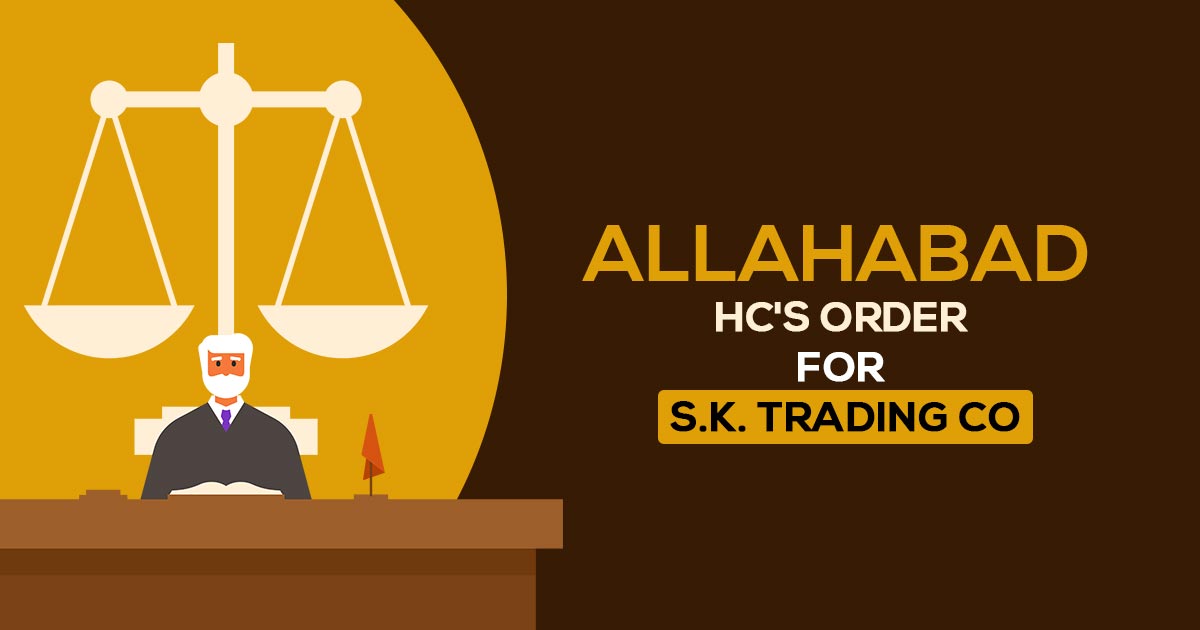
The Allahabad High Court permitted the taxpayer for releasing the detained goods without e-way bills post-filing 200% of Goods and services tax on invoices value.
It alleged that the applicant SK trading co. with allegations that applicant no 1 placed an order for the supply of mixed ready-made garments, which were transported via applicant no 2. The same mentioned that on date 13.09.2022 the goods during the transit were interrupted and the physical verification report was made dated 17.09.2022 in form GST MOV-04 and no difference was discovered in the quantity of the goods in question.
Read Also: GST E-Way Bill Verification & Transport Goods’ Examination
According to the information provided, a detention order was granted on September 21, 2012, keeping the allegedly problematic products in custody primarily due to the lack of an E-Way bill. It was argued that even though the issuance of a notice in Form GST MOV-07 is required by Section 129(3) of the U.P. GST Act, the notice was instead issued by an authority whose name is not even mentioned in the order, which stated that it was issued for the authority and not by the authority.
It was argued that no penalties would apply if Part B of the GST E-Way Bill was not carried out. In any case, he said, the detaining authority lacks the authority to value the commodities as has been functioned.
When the applicant is either a consignor or a consignee then he would require to be treated as the owner of goods and hence the provision of section 129(1)(b) of the Goods and services tax act would not get invoked since it has been performed via the council.
Read Also: GST MOV-02 Form Must Be Issued After 1 Day E-way Bill Expiration
A Single judge bench consisting of Justice Pankaj Bhatia witnessed the applicant would be required to be treated as the owner of the goods in view of the statute laid down for the case of M/s Margo Brush India and ruled that the impugned insofar as it levies load on the applicant to obtain the goods released under Section 129(1)(b) of the GST Act is poor in the statute.
The Court remanded the case to the Assessing Authority to issue new orders considering the petitioner as the owner of the goods in accordance with Section 129(1)(a) of the Goods and Services Tax Act, with the valuation of the goods as described in the invoice.
Subsequently, it instructed the respondents to release the goods to the applicants when the applicants proposed to pay 200% of the tax levied to be paid on the goods based on the invoice valuation.
| Case Title | S.K. Trading Co vs Additional Commissioner Grade |
| Citation | WRIT TAX No. – 1464 of 2022 |
| Date | 16.03.2023 |
| Counsel for Petitioner | Bipin Kumar Pandey, Aditya Pandey |
| Counsel for Respondent | C.S.C. |
| Allahabad High Court | Read Order |









